The ‘1 Nojor’ media platform is now live in beta, inviting users to explore and provide feedback as we continue to refine the experience.
Bangladesh and the United States have expressed optimism about taking their bilateral relationship to new heights through enhanced cooperation in all areas. The expectation was voiced during a courtesy meeting between Bangladesh’s Foreign Minister Dr. Khalilur Rahman and U.S. Ambassador to Dhaka Brent Christensen on Monday. Both sides highlighted the long-standing partnership between the two nations, built on mutual respect, shared democratic values, and a commitment to peace and development. The discussions reviewed key areas of collaboration including trade, investment, defense and security, development partnership, migration, and people-to-people contact. The upcoming visit of U.S. Assistant Secretary of State for South and Central Asian Affairs Paul Kapur to Bangladesh in early March was also discussed. The Rohingya issue featured prominently, with the foreign minister appreciating U.S. humanitarian support for displaced Rohingyas and urging continued political backing for their safe and sustainable repatriation to Myanmar. Both sides expressed confidence that strengthened cooperation across multiple sectors would further advance Bangladesh-U.S. relations in the coming years.
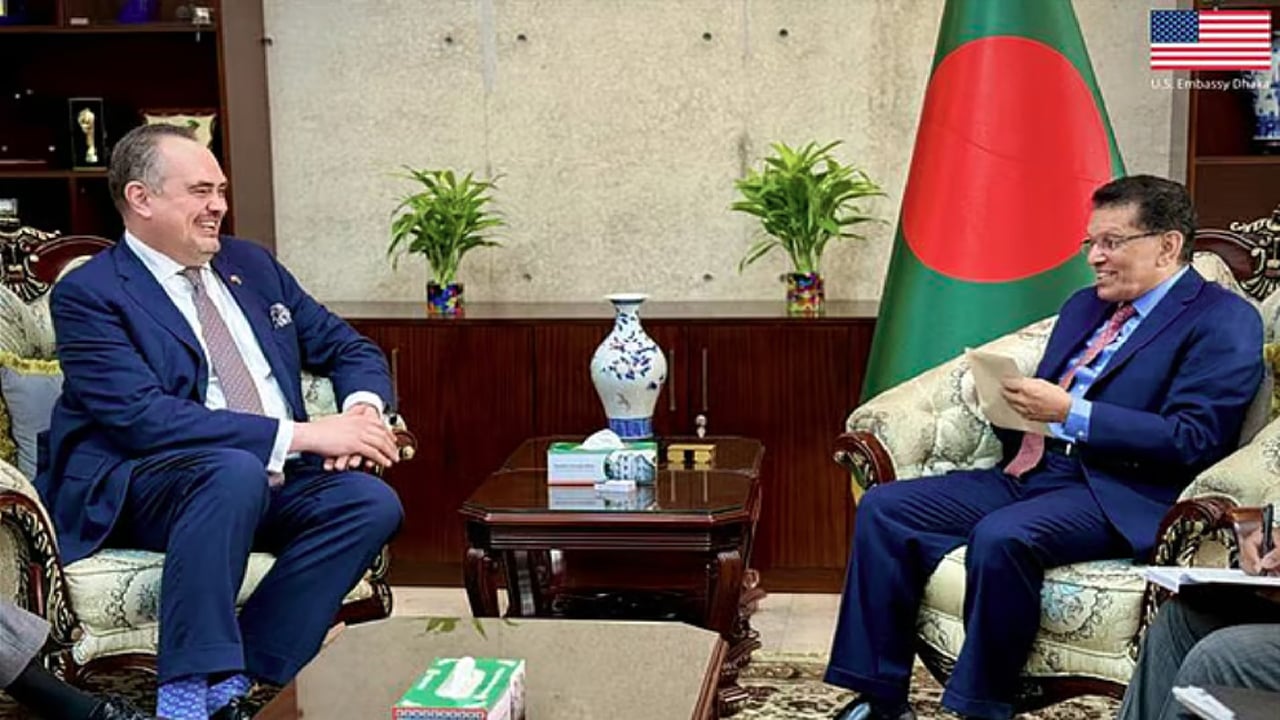
A canal excavation project covering approximately 11.5 kilometers was inaugurated in Chaurashi area of Bajitpur Union, Rajoir upazila, Madaripur, as part of the late President Ziaur Rahman’s 19-point program. The inauguration took place on Monday, February 23, 2026, with newly elected Member of Parliament for Madaripur-2 (Sadar–Rajoir) Jahandar Ali Mia attending as chief guest. He also serves as the member secretary of the Madaripur district BNP. The event was attended by the Rajoir Upazila Nirbahi Officer and officials from various government departments. In his remarks, MP Jahandar Ali Mia said the canal excavation would help resolve waterlogging, boost agricultural productivity, and maintain environmental balance. He instructed relevant authorities to complete the work properly within the scheduled time. Local residents stated that the canal had long been silted up, causing drainage problems. They expressed hope that the project would improve irrigation for farmland and reduce monsoon waterlogging. The initiative is expected to enhance local agricultural capacity and contribute to sustainable water management in the region.
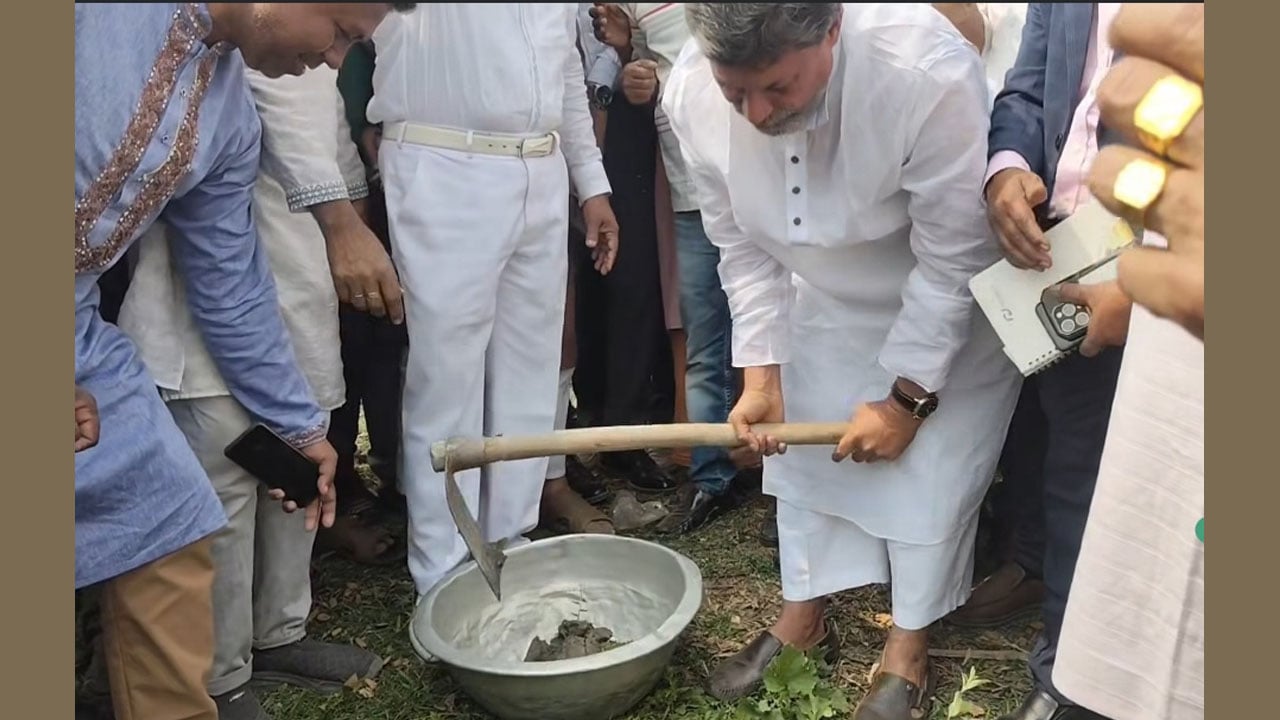
State Minister for Youth and Sports Aminul Haque has announced a plan to bring all national-level athletes under a government salary scheme. He revealed the initiative after a meeting with representatives of sports federations and organizations on February 23, 2026. The minister requested each federation to submit a one-year activity report within a week to assist in evaluation and planning. Aminul Haque outlined a roadmap for sports development, stating that federations have been asked to provide lists of national players to determine salary grades. He aims to complete the necessary work during Ramadan and implement the plan after Eid. The minister also expressed his intention to ensure transparent elections across the sports sector, starting from the upazila and district levels before moving to federations. He mentioned that some of the 51 federations are inactive and that similar sports may be brought under unified bodies. Representatives from the Bangladesh Cricket Board, including Vice President Faruk Ahmed and CEO Nizamuddin Chowdhury, attended the meeting and praised the minister’s vision and commitment to improving sports infrastructure and coordination.
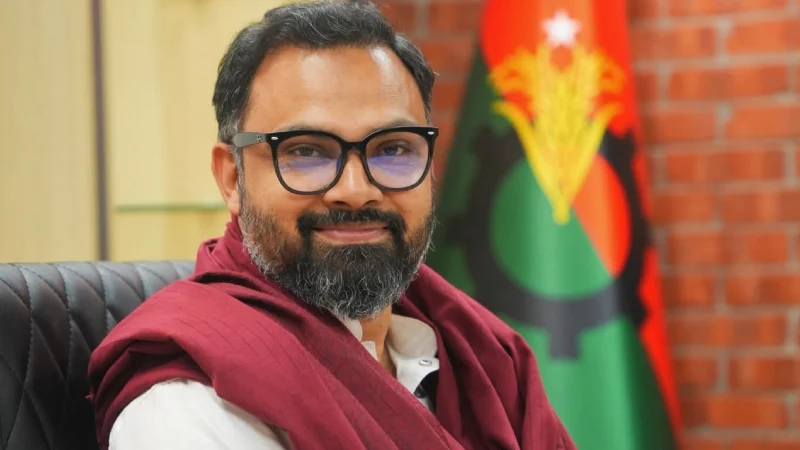
President of Bangladesh has accepted the resignations of Supreme Court High Court Division judges Mamnoon Rahman and Naima Haider. The announcement came on Monday, February 23, 2026, through separate notifications issued by the Ministry of Law. According to the notifications, both judges submitted signed resignation letters to the President under clause (8) of Article 96 of the Constitution of the People’s Republic of Bangladesh. Justice Mamnoon Rahman, who had been on leave for a year, resigned on February 2 citing personal reasons. He sent his resignation letter to the President via email through the Supreme Court Registrar General and the Ministry of Law, reportedly from Canada. Justice Naima Haider resigned on February 9, submitting her signed resignation letter through the Chief Justice to the President. The Ministry of Law confirmed that the President formally accepted both resignations, completing the constitutional process for their departure from the High Court Division.
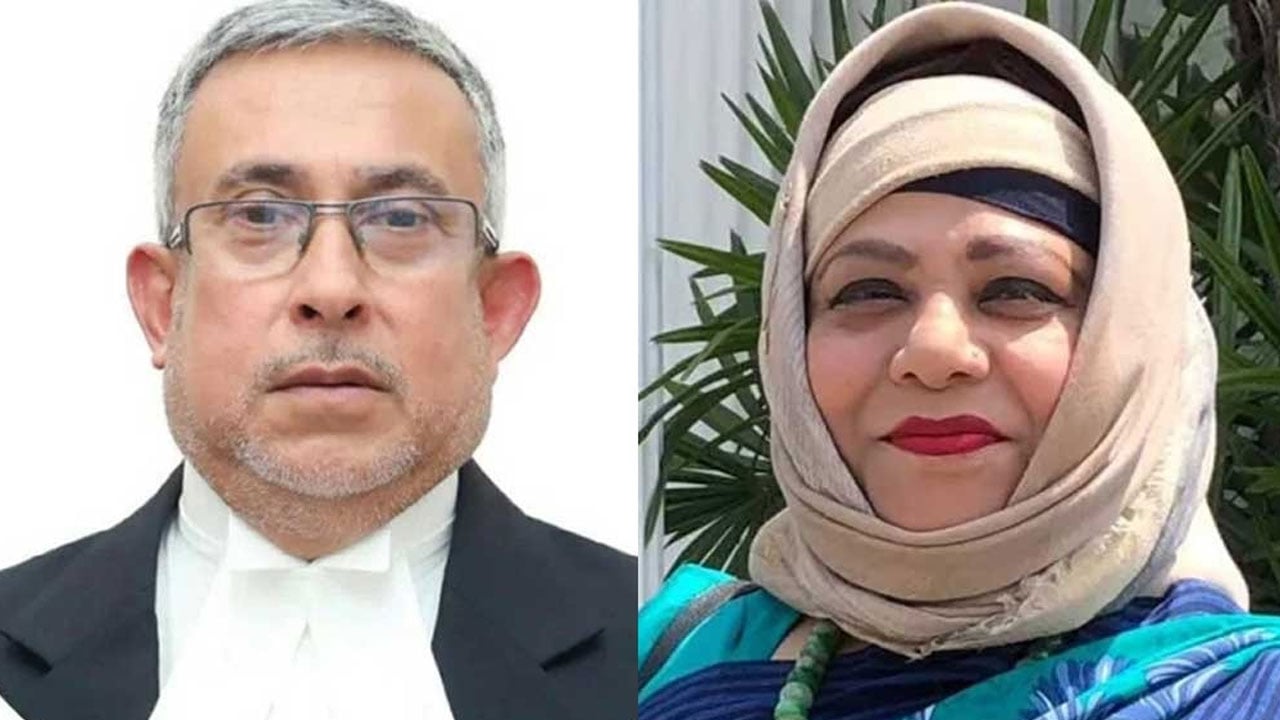
The Bangladesh government has decided to review all firearm licenses issued during the tenure of the Awami League government. Home Minister Salauddin Ahmed announced the decision on Monday after a meeting with heads of agencies under the Home Ministry. He said the verification process would determine whether licenses were issued properly and to eligible individuals. Licenses found to have been granted unlawfully or for criminal purposes will be canceled, and associated weapons will be confiscated. A circular on the review process was expected to be issued the same day. The minister also directed the ministry to compile statistics on the total number of licenses and licensed firearms. He emphasized that improving law and order is the current government’s top priority, aiming to make law enforcement more people-friendly. Ahmed further revealed that over 10,000 firearms not surrendered before the last election have become illegal and will be recovered through legal measures. He added that cases filed after August 5, 2024, following the fall of the Awami League government, will be reviewed for fairness, and a new commission will be formed to reinvestigate the BDR mutiny.
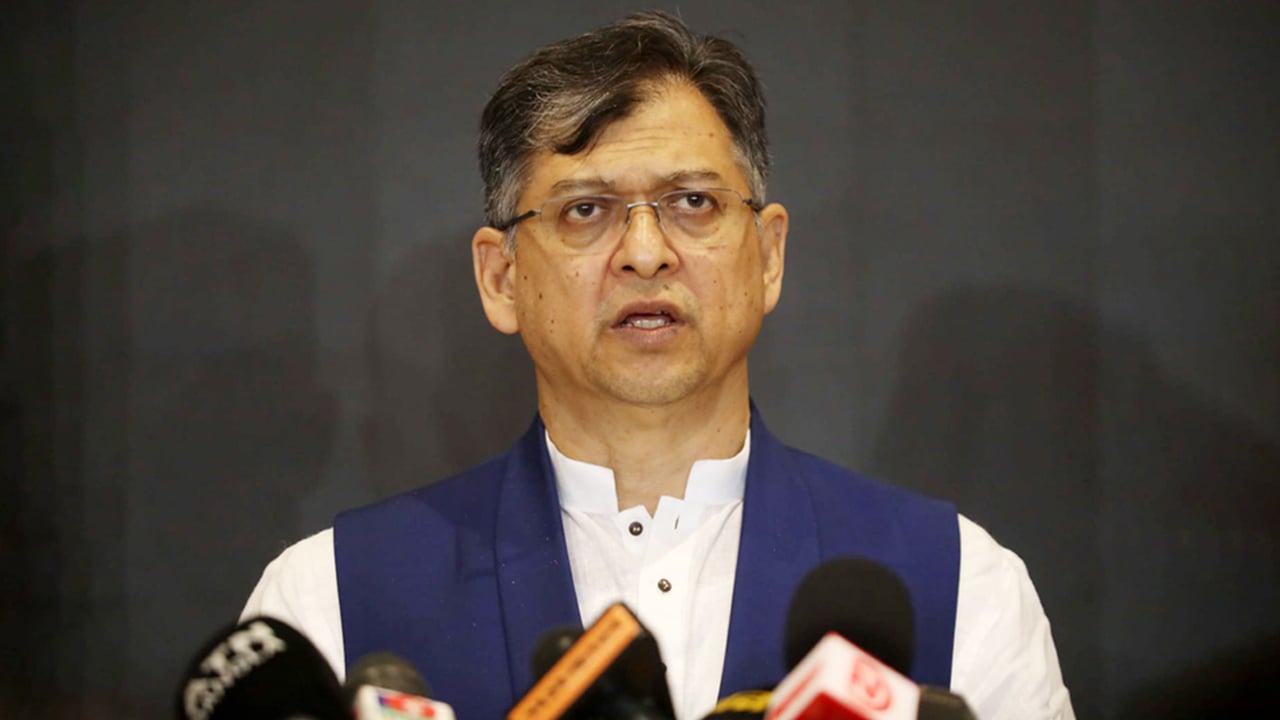
The Ministry of Law, Justice and Parliamentary Affairs has directed all its officials and employees to be present in their respective offices by 9 a.m. on working days. The order, signed by Senior Secretary (Administration) Kamrul Hasan, was issued on Monday. It reminded staff that unauthorized absence, leaving the office without permission, or late attendance are considered disciplinary offenses under the Government Employees (Regular Attendance) Rules, 2019. The circular further stated that no one should leave the office before the end of official hours—3:30 p.m. during the holy month of Ramadan and 5 p.m. after Ramadan. For official or emergency reasons, employees must obtain permission from their division head and record their departure in the office leave register, along with digital attendance. The ministry warned that any violation of these attendance and discipline rules would lead to action under the Government Employees (Regular Attendance) Rules, 2019, and the Government Employees (Discipline and Appeal) Rules, 2018.
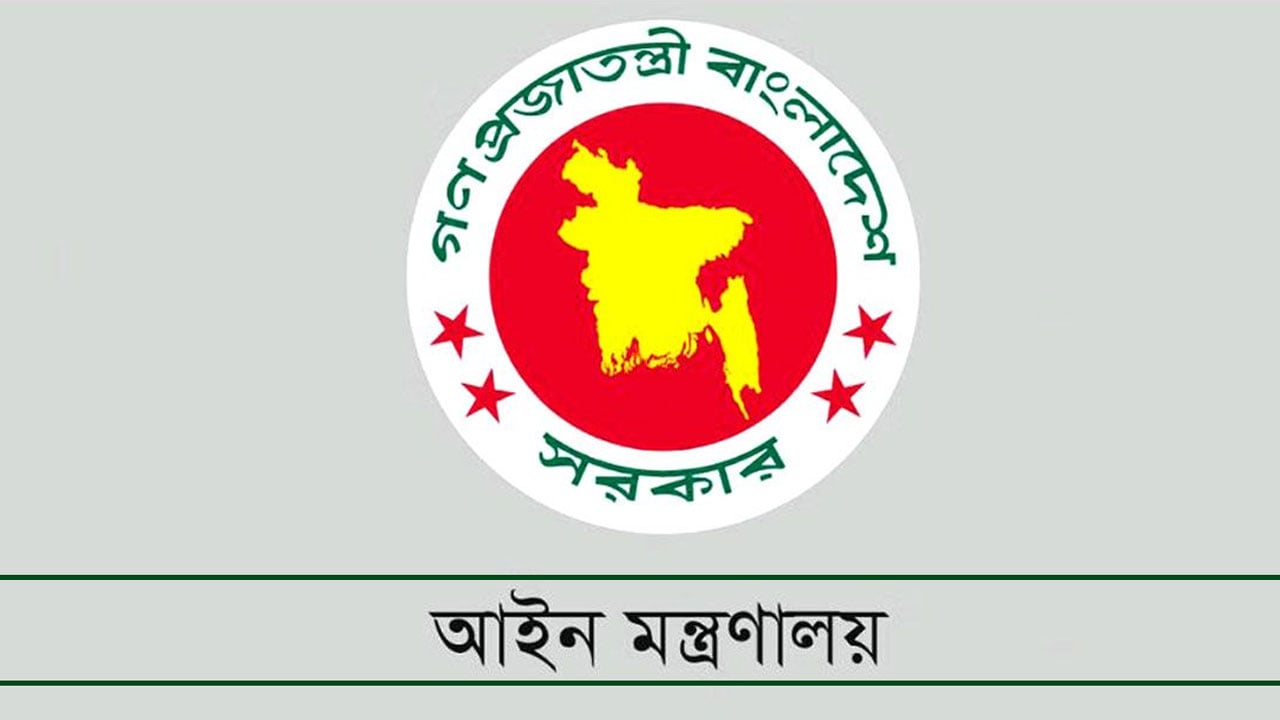
Two senior officers of the Bangladesh Army have been promoted and assigned to key positions, according to an order issued from Army Headquarters on Monday. Major General Mohammad Asadullah Minhajul Alam, previously General Officer Commanding (GOC) of the 10 Infantry Division and Cox’s Bazar Area Commander, has been promoted to Lieutenant General and appointed as GOC of ARTDOC. Brigadier General Golam Mohiuddin Ahmed Mahi, who served as a director at Army Headquarters, has been promoted to Major General and will now serve as GOC of the 10 Infantry Division and Cox’s Bazar Area Commander. The promotions follow a series of senior-level reshuffles announced on Sunday, including the appointment of Lieutenant General Mainur Rahman as Chief of General Staff, replacing Lieutenant General S M Kamrul Hasan, who was transferred to the Ministry of Foreign Affairs as ambassador. Major General Mir Mushfiqur Rahman was appointed Principal Staff Officer of the Armed Forces Division, while Major General Ferdous Hasan became GOC of the 24 Infantry Division. The Defense Intelligence Directorate (DGFI) also saw changes, with Brigadier General Kaiser Rashid promoted to Major General and appointed as its new Director General, continuing the broader restructuring within the army’s top command.

The Parliament Secretariat has submitted the voter list for the reserved women’s seats of the 13th National Parliament to the Election Commission (EC). The submission was confirmed on Monday by the EC’s election management division. According to EC sources, the list of 296 voters was sent in compliance with the legal requirement to deliver it within three working days of the publication of the general election gazette. The EC will now proceed with necessary legal steps. Under the law governing reserved women’s seats, the Bangladesh Nationalist Party (BNP) is expected to secure 34.66 or 35 seats, while Bangladesh Jamaat-e-Islami will receive 11.33 or 11 seats. Independent candidates may obtain one seat if they form an alliance, and the National Citizen Party will get one seat. Smaller parties will not receive any seats unless they form coalitions. If alliances are formed, BNP’s share could rise to 36 seats, and Jamaat’s to 13. Election Commissioner Abdur Rahmanel Machud stated that the EC plans to hold the reserved women’s seat election during Ramadan and complete all procedures before Eid. Elections for Sherpur-3 and Bogura-6 constituencies are scheduled after Eid.
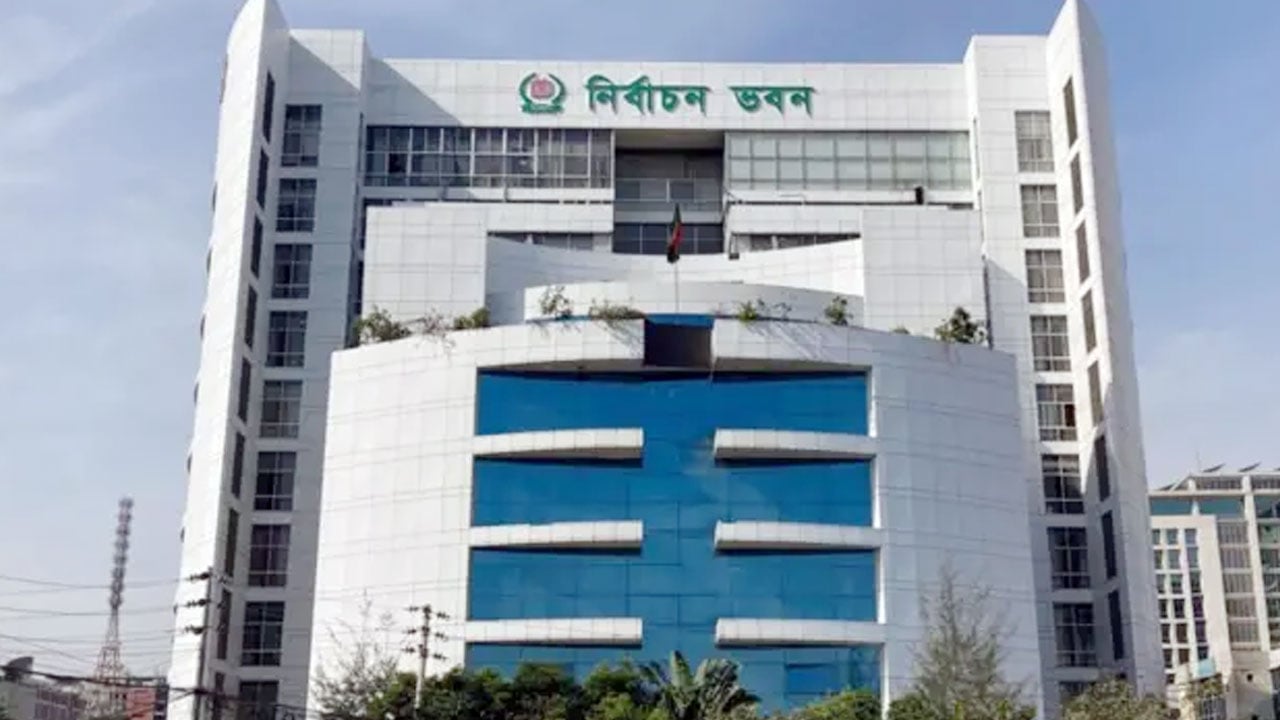
The government of Bangladesh has decided to introduce a pilot 'Family Card' program to bring marginal and low-income families under social protection. Prime Minister Tareq Rahman will officially inaugurate the initiative on March 10. The decision was made at a committee meeting chaired by Finance Minister Amir Khosru Mahmud Chowdhury. Initially planned for two upazilas, the pilot will now cover 13 wards across 13 upazilas, including areas in Dhaka, Rajbari, Chattogram, Brahmanbaria, Bandarban, Khulna, Bhola, Sunamganj, Kishoreganj, Bogura, Natore, Thakurgaon, and Dhaka’s Nawabganj. According to the meeting, the Family Card will structurally assist poor and ultra-poor families, integrating existing programs such as the Food-Friendly Program, TCB Card, and Vulnerable Women Benefit Program. Beneficiary selection will use NID, birth date, and mobile number verification to prevent duplication. Each card will cover five family members, with additional cards for larger households. Female-headed households will receive the cards, and financial support will be distributed through banks or mobile financial services. Officials expect the initiative to reduce targeting errors—currently estimated at 50 percent—and minimize resource wastage by unifying multiple social safety programs.
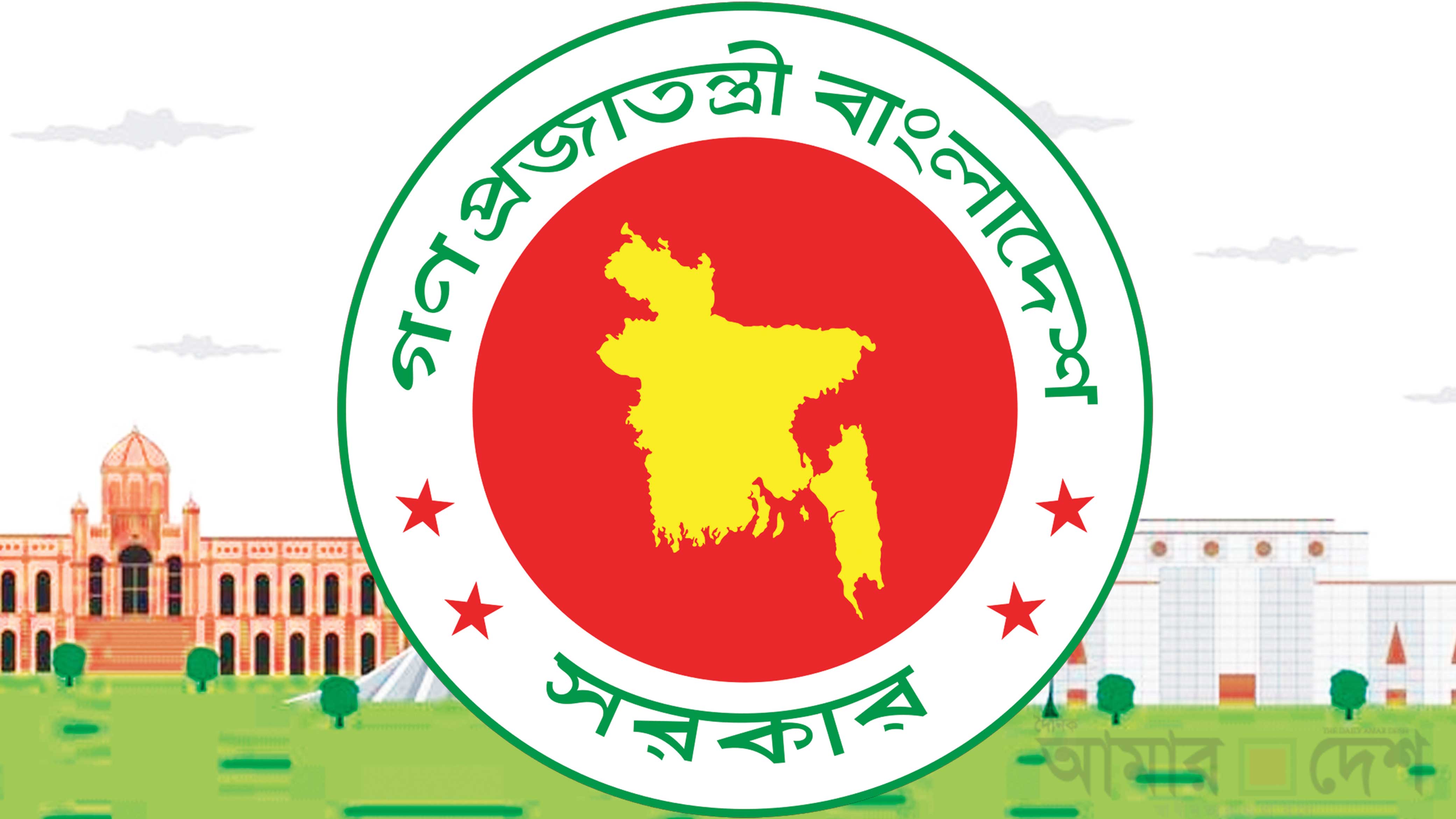
The government has issued official notifications withdrawing three secretaries from their current positions. On Monday, the Ministry of Public Administration released three separate circulars announcing the withdrawal of Md. Kamal Uddin, Secretary of the Ministry of Religious Affairs; Md. Saifullah Panna, Secretary of the Prime Minister’s Office; and Ms. Rehana Parvin, Secretary of the Secondary and Higher Education Division. Following their withdrawal, all three officials have been attached to the Ministry of Public Administration. The notifications were published on February 23, 2026, confirming the administrative changes. The Ministry of Public Administration handled the process through individual orders for each secretary. No further details were provided regarding the reasons for the withdrawals or their future assignments. The reassignment places the three senior officials under the Ministry of Public Administration, indicating an internal reshuffle within the government’s top administrative structure.
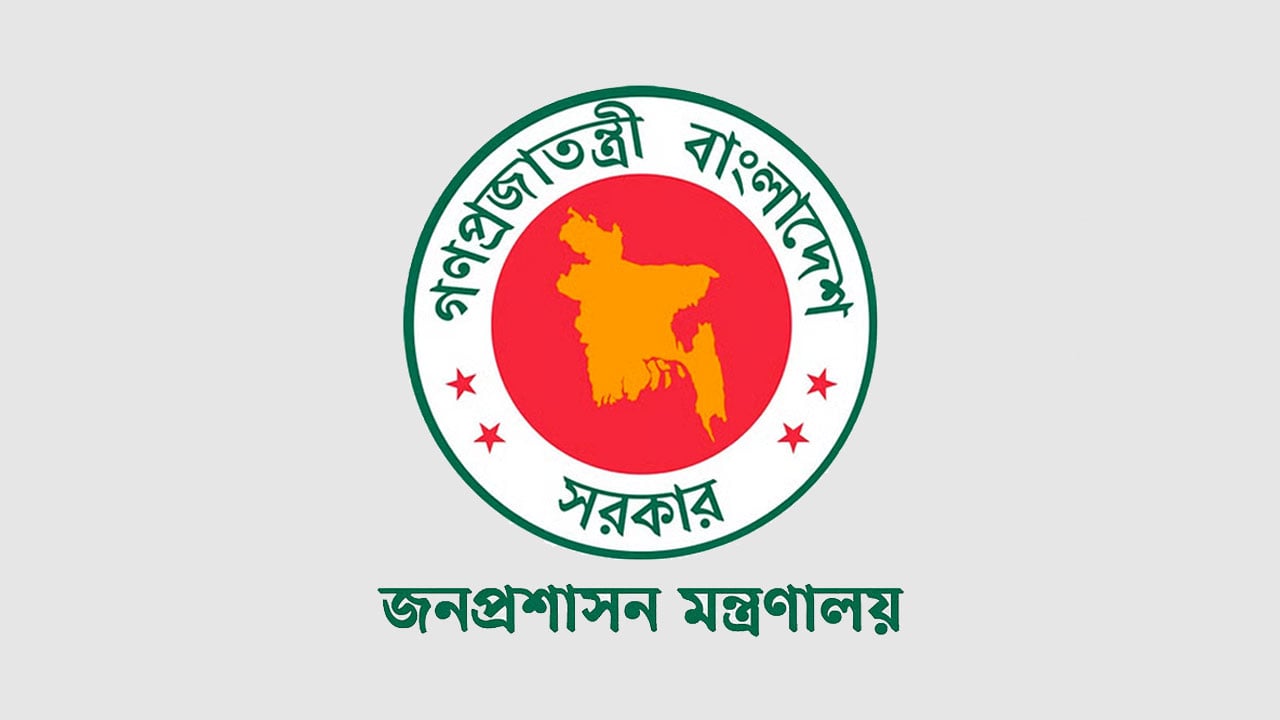
Bangladesh’s foreign exchange reserves have increased to 30.11 billion dollars, according to Bangladesh Bank Executive Director and Spokesperson Arif Hossain Khan. The announcement was made on Monday, February 23, 2026, in Dhaka. The central bank attributed the growth to its purchase of dollars from commercial banks through auctions. Officials explained that the rise in reserves was supported by a significant increase in remittance inflows through formal banking channels, which boosted the supply of dollars in the market. In January 2026, Bangladesh received 3.17 billion dollars in remittances, the third-highest monthly total in the country’s history and 45.41 percent higher than the same month in 2025, when 2.18 billion dollars was recorded. A senior central bank official noted that the increased dollar supply prompted the bank to buy dollars through auctions to prevent a sudden drop in the exchange rate. This approach has allowed the central bank to strengthen reserves while maintaining currency stability.

Dhaka-5 Member of Parliament Mohammad Kamal Hossain declared that there will be no compromise in eliminating terrorism, extortion, and drug-related crimes. Speaking as the chief guest at a meeting with police officials on February 23, he emphasized the need for full enforcement of the law to protect citizens’ lives and property. The meeting was held at the Wari Zone DC office to discuss improving law and order. Expressing anger over the recent killing of Laguna driver Nure Alam Khairul in Jatrabari for refusing to pay extortion money, Hossain instructed police to bring those involved to justice swiftly. He said his duty as an elected representative is to ensure safety and legal support for all residents of Dhaka-5, regardless of political affiliation or voter status. Hossain further stated that anyone committing crimes, regardless of party identity, would face legal action. He directed police to act impartially, asserting that the law must apply equally to everyone.
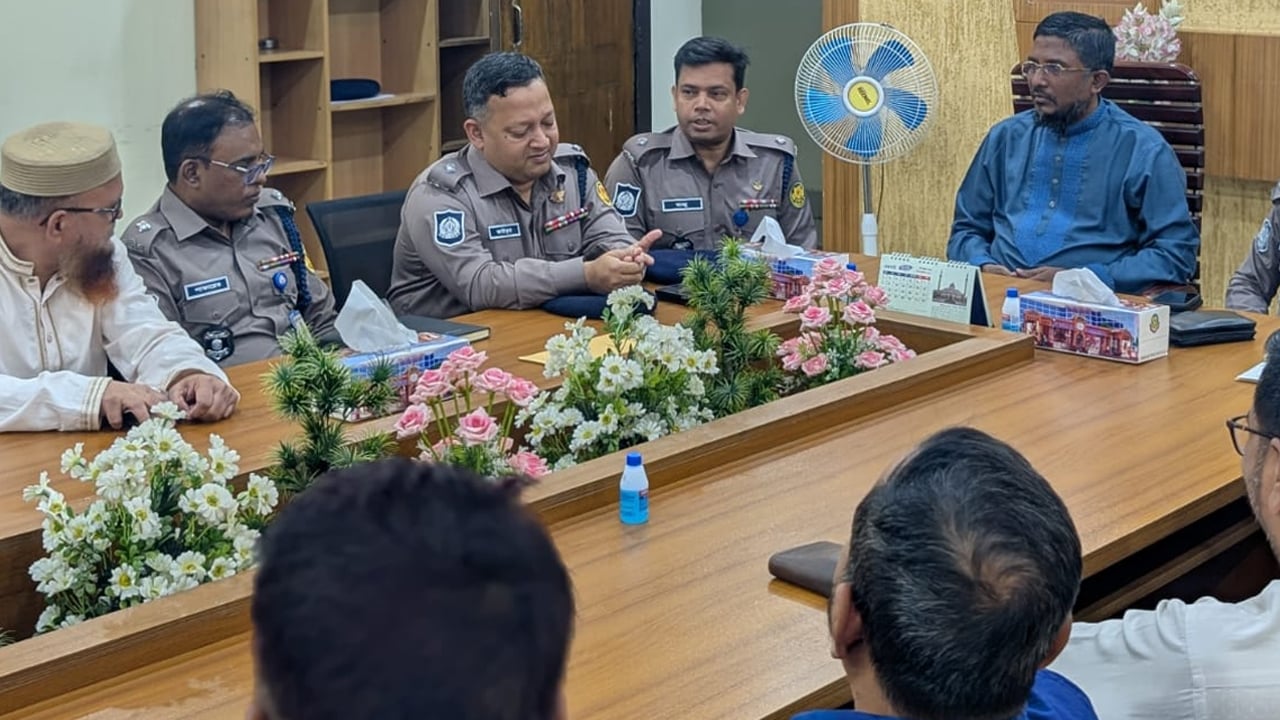
The Ministry of Public Administration has issued a directive for candidates recommended under the freedom fighter quota in the 45th Bangladesh Civil Service (BCS) examination. According to the ministry’s notice released on Monday, those listed in the provisional results of the 45th BCS Exam 2022 must submit their freedom fighter certificates for verification. Candidates are instructed to fill out the designated form and send the required documents either by post or directly to the relevant branch by March 2. The final results of the 45th BCS examination were published on November 27 of the previous year, with 1,807 candidates provisionally passing and being recommended for appointment to various cadres. The ministry’s directive specifically applies to those who received recommendations through the freedom fighter quota. The submission process aims to verify the authenticity of the quota-based recommendations before final appointments are confirmed.

Dhaka Chamber of Commerce and Industry (DCCI) President Taskeen Ahmed has alleged that extortion in Bangladesh has increased by 20 to 50 percent during the interim government period. Speaking at a press conference at the DCCI office in Motijheel, Dhaka, he said the rise followed the fall of the Awami League government. When asked who was involved, he mentioned individuals linked to the ruling party, police, and revenue officials among those engaged in extortion. The press conference, titled “Expectations from the Newly Formed Government to Address the Current Economic Situation,” outlined DCCI’s concerns and recommendations. Ahmed urged the government to identify those responsible for extortion and corruption, warning that businesses might shut down if the situation persists. He called for strong government action to restore law and order, ensure transparency in public administration, and support non-willful loan defaulters with working capital. He further advised reducing dependence on bank loans by listing quality companies on the capital market and creating a green channel for profitable state-owned enterprises. DCCI also demanded disclosure of trade-related clauses in the tariff agreement with the United States.
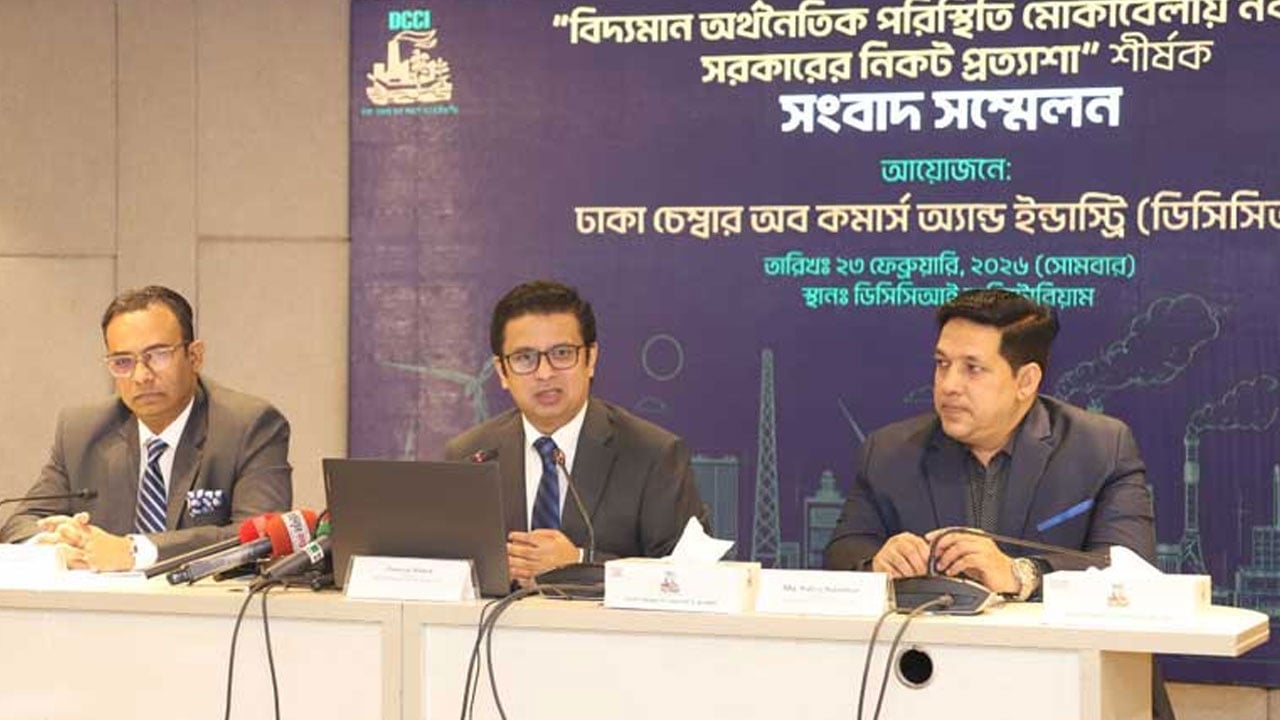
Bangladesh Home Minister Salahuddin Ahmed announced that all cases filed after the fall of the Awami League government on August 5, 2024, will be re-examined. Speaking at the Secretariat after a meeting with heads of agencies under his ministry, he said the directive was issued to ensure that innocent people are not victimized by opportunistic groups. The police have been instructed to scrutinize these cases and submit reports accordingly. The minister also said that a new commission will be formed to review the BDR mutiny killings and that its recommendations will guide future judicial actions. He added that firearm licenses issued during the previous government will be verified to determine whether they were granted through proper procedures, with politically motivated licenses to be canceled. Ahmed further addressed public complaints about passport services, proposing a registration system for online application assistants to improve accountability and service quality. He mentioned that the initiative will be piloted in Dhaka and other divisional cities before possible nationwide implementation, with a policy framework to be developed soon.
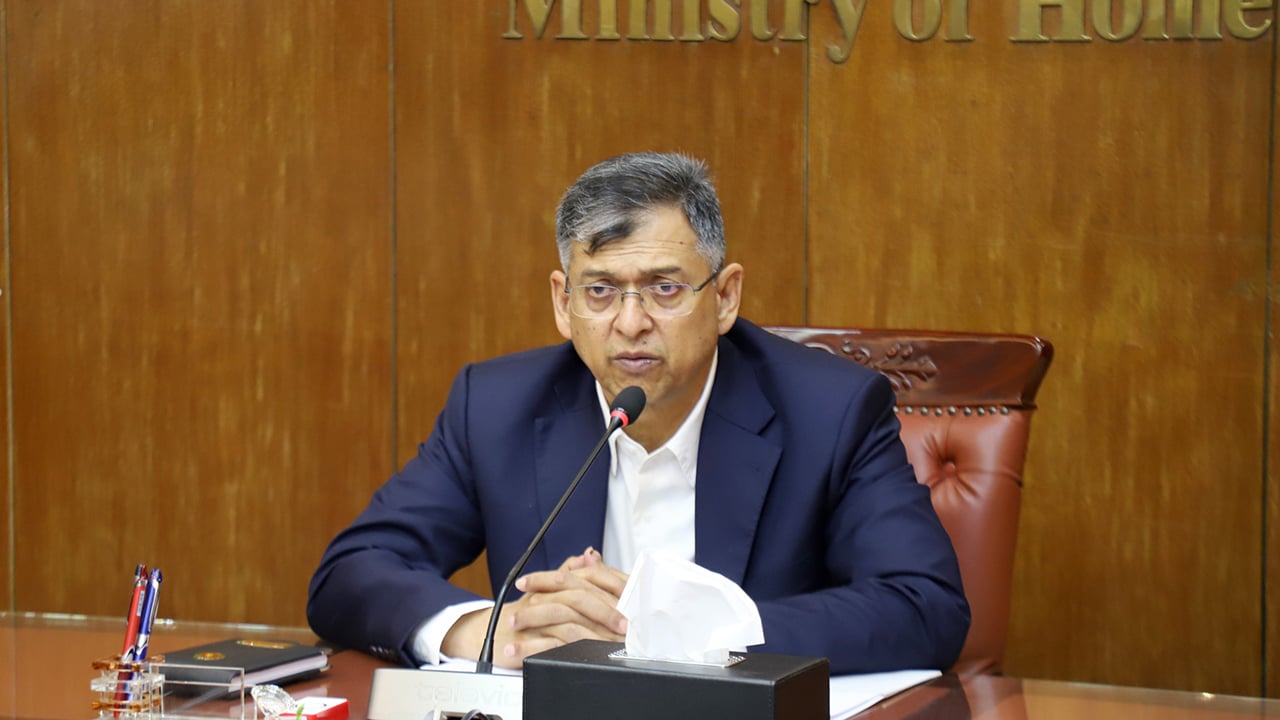
The ‘1 Nojor’ media platform is now live in beta, inviting users to explore and provide feedback as we continue to refine the experience.